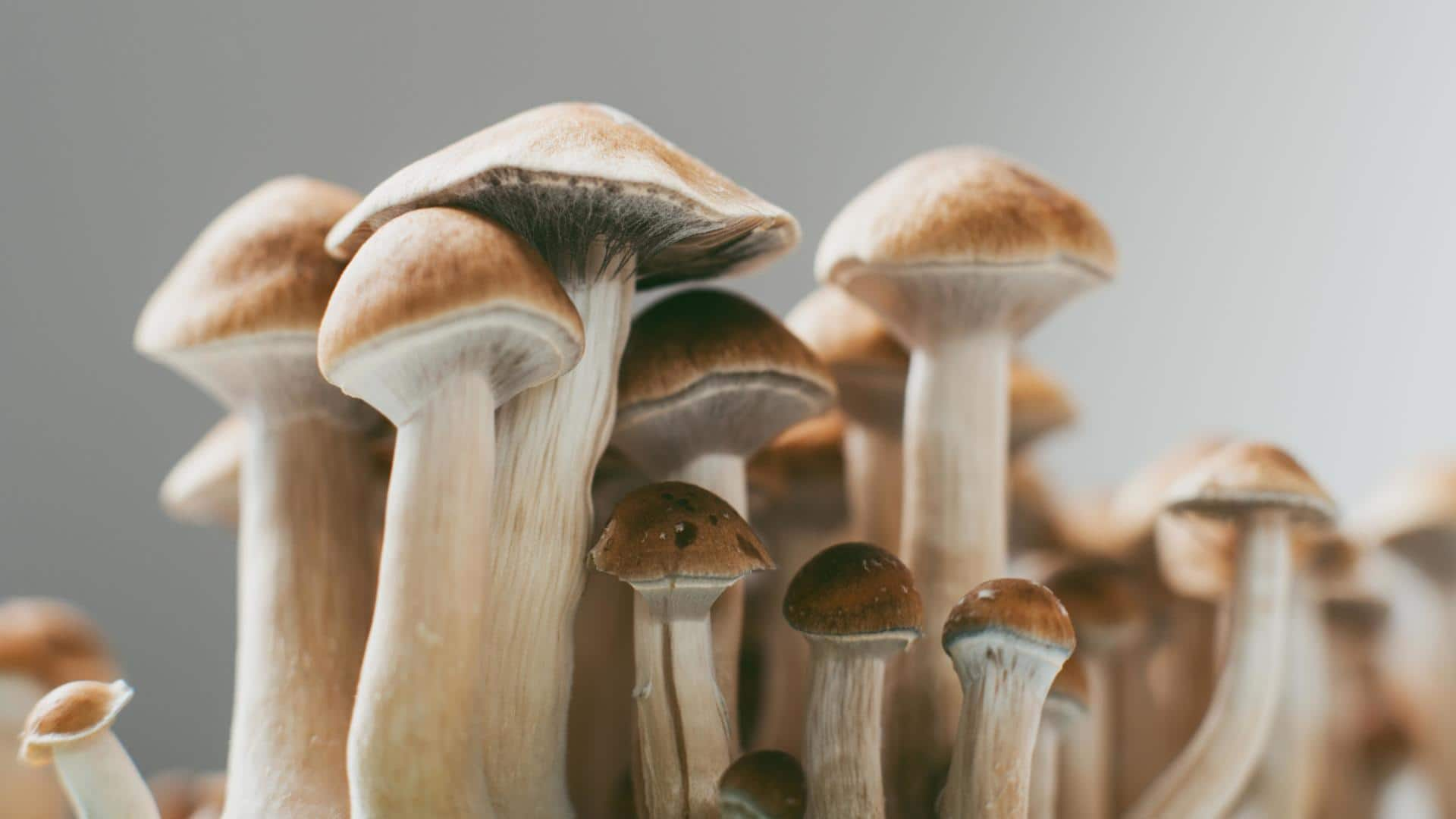
Magic Mushrooms: Science behind this psychedelic wonder
What's the story
Magic mushrooms, the colorful and mysterious fungi, have been captivating humans for centuries. In recent years, scientists have been investigating the science behind their effects on the brain and potential therapeutic applications, particularly in the treatment of mental health conditions like depression and anxiety. Join us as we explore the fascinating history and science of magic mushrooms.
Information
What are magic mushrooms?
Magic mushrooms, also known as psilocybin mushrooms, are a type of fungi that contain a powerful duo of psychoactive compounds, psilocybin and psilocin, which are known to alter consciousness and induce intense psychedelic experiences.
History
The long history of magic mushrooms
For centuries, magic mushrooms have been treasured by the Aztecs and Mazatecas, who revered them for their divine properties. Although discouraged and even outlawed by some governments and religious organizations, these mushrooms were still grown and consumed in secret around the world. In the 1960s, magic mushrooms gained popularity among the youth counterculture movement in the US and became associated with psychedelic experiences.
Effects
How does it make you feel?
Psilocybin can have a profound impact on the mind and body, inducing a range of experiences that can be both positive and negative. Some users describe feeling as if they are having a magical or spiritual experience. Others report feeling as though their body is very light or very heavy. However, there can also be unpleasant physical effects, including dizziness, nausea, vomiting, and shivering.
Working
How does it work?
After consuming psilocybin-containing mushrooms, it usually takes 20 to 40 minutes to start feeling the effects as psilocybin transforms into psilocin, which works on serotonin receptors in the brain. After that, the effects reach their maximum intensity, peaking between 90 minutes to two hours after ingestion. The first six hours are crucial, as that's when most of the effects are felt.
Addiction
Is psilocybin addictive?
Psilocybin does not carry a high risk of addiction or compulsive use. This is likely because the effects of the drug can be quite intense, causing what is known as a "trip," which can be both disorienting and emotionally intense. Users can quickly develop a tolerance to psilocybin, meaning that repeated use of the drug can result in little to no effects.
Benefits
Health benefits of psilocybin
It has shown potential in treating psychiatric and behavioral conditions such as depression and addiction. Researchers also found that psilocybin could aid in quitting smoking and even help alleviate cluster headaches. Although this is promising, further research is necessary to confirm these benefits. While you are at it, you may also want to read why mushrooms are the hottest ingredient in skincare now.